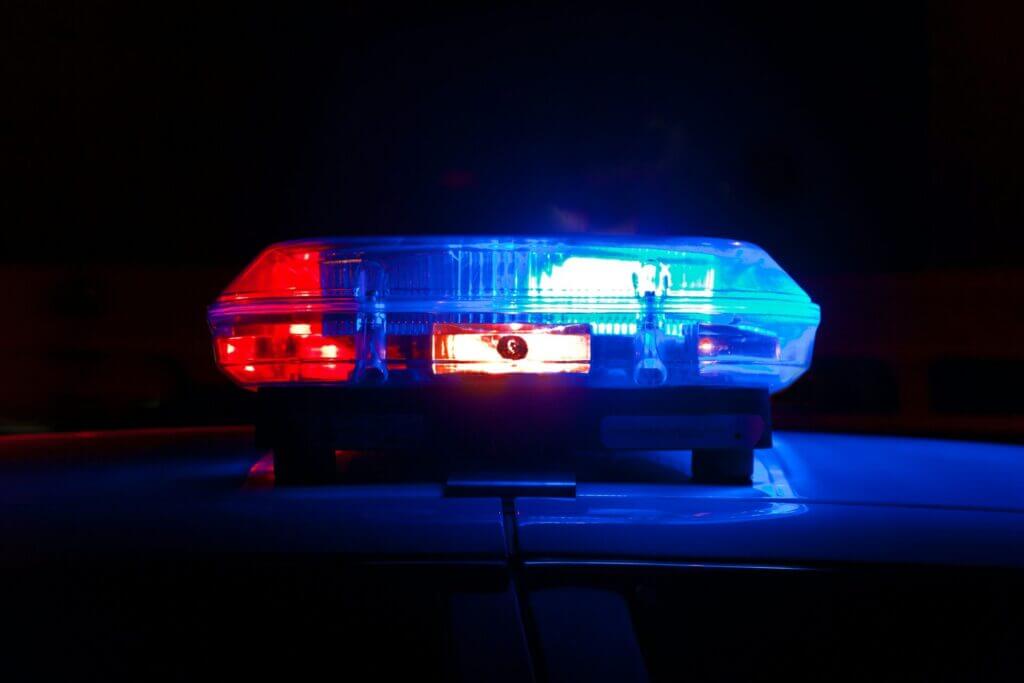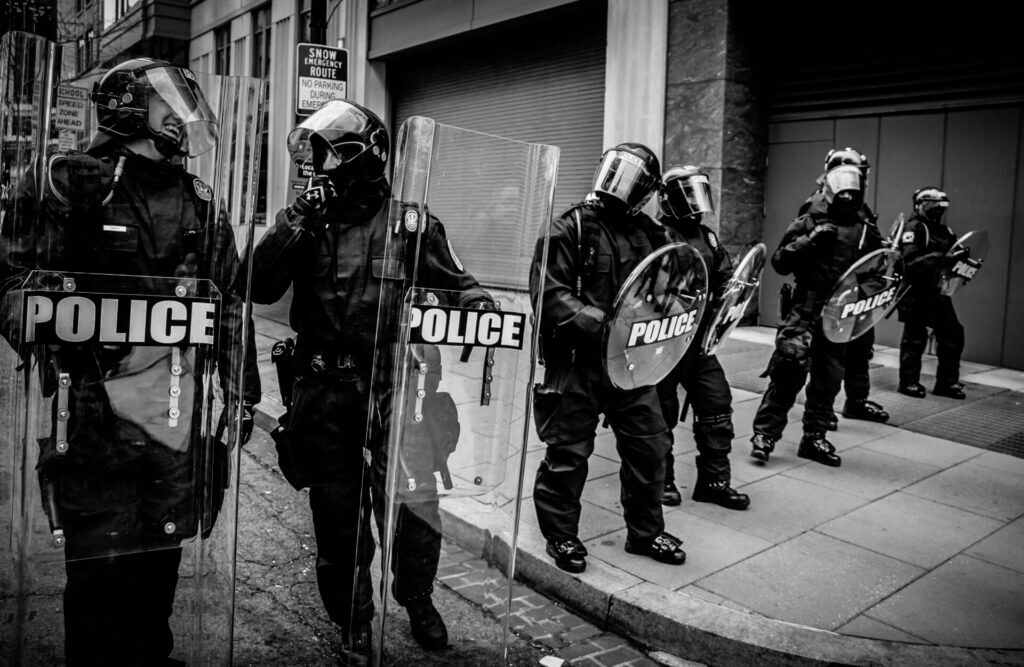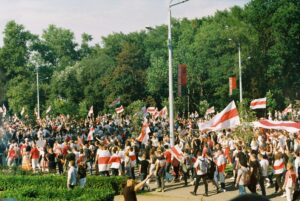Recent events show that the police leave no one indifferent. On the one hand, crime series often nurture an ideal of justice and efficiency. On the other, everyone fears a fine or a roadside check. not seen, not taken " echoes in our heads. To top it all off, recent news of riots, racist conversations and deadly car chases.
This duality is embodied in the public debate: some call for a muscular, almost Rambo-like force, while others would like to see pacifist, almost day-care center animators. We expect absolute exemplarity from the police, a legitimate expectation... but one that's just impossible to achieve.

In our democracies, the police have a monopoly on order and legitimate violence. They must maintain the peace by all necessary means: prevention and mediation, ongoing training, communication and dialogue, conflict management, and the exceptional use of force. These missions are both noble and perilous, for all too often we forget that our freedoms and prosperity are not eternal achievements.
Let's put ourselves for a moment in the shoes of police officers confronted with violence, trafficking and assaults of all kinds. Faced with the same offences committed by the same type of individuals, even the most altruistic officer would feel torn between his ideal and the sad reality. This state of affairs weighs heavily on morale, and goes some way to explaining the excesses observed within the forces of law and order. This doesn't justify anything, but it does highlight the corrosive impact of prolonged exposure to danger and suffering.

The role of the police is to maintain and guard the shifting boundary between law and order and anarchy that we have created, a balance that is always unstable and can tip towards too much or too little. We ask them to protect our democratic gains, our security, our way of life, sometimes through the use of force. We expect them to set a perfect example, but we must recognize that beyond the uniform, they are men and women, proud of an ideal, ready to fight for society. Infallible, they are not; human, they are too, and that's the difficulty of their mission.
Given the complexity of policing, there is no perfect model. Our collective duty is to support the police in their demanding role: to provide them with the means to act, to reinforce training, to promote transparency, while preserving the mental equilibrium of those who, every day, walk the line between policing and anarchy. So next time, instead of criticizing, saying " y a qu'à, faut qu'on "We'd be better off asking our agents in the field what they really need to keep our society democratic, prosperous and open.



